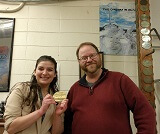 Last week, graduate student Sierra Thomas successfully defended her dissertation titled “Machine-Learning Classification of Gamma-Producing Neutral Current Interactions in Liquid Argon from a Supernova Neutrino Burst.” Congratulations, Sierra!
Last week, graduate student Sierra Thomas successfully defended her dissertation titled “Machine-Learning Classification of Gamma-Producing Neutral Current Interactions in Liquid Argon from a Supernova Neutrino Burst.” Congratulations, Sierra!
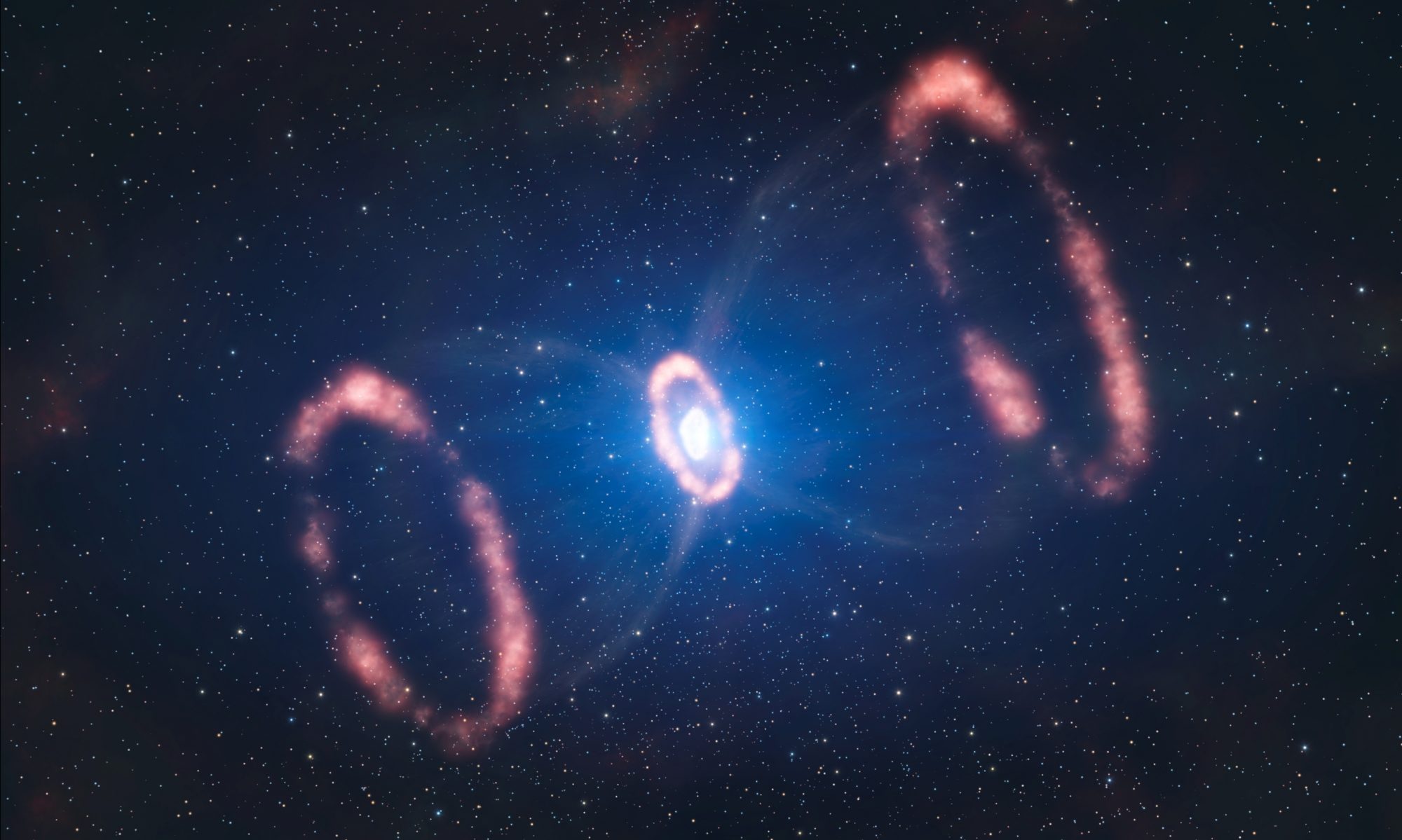
Department of Physics, Syracuse University
A new interactive subatomic physics experience, the Particle Zoo, is now live! Intended as part of a future MOST exhibit, this software was crafted by undergraduate Sahana Anand and Prof. Whittington. Take a look, and build some particles!
Several of our projects were recently featured by the College of Arts and Sciences, showcasing progress on our local work, the DUNE 2×2 Near Detector Demonstrator, and the Short Baseline Near Detector. Check out the great article!
Article: Toward a New Understanding of the Universe
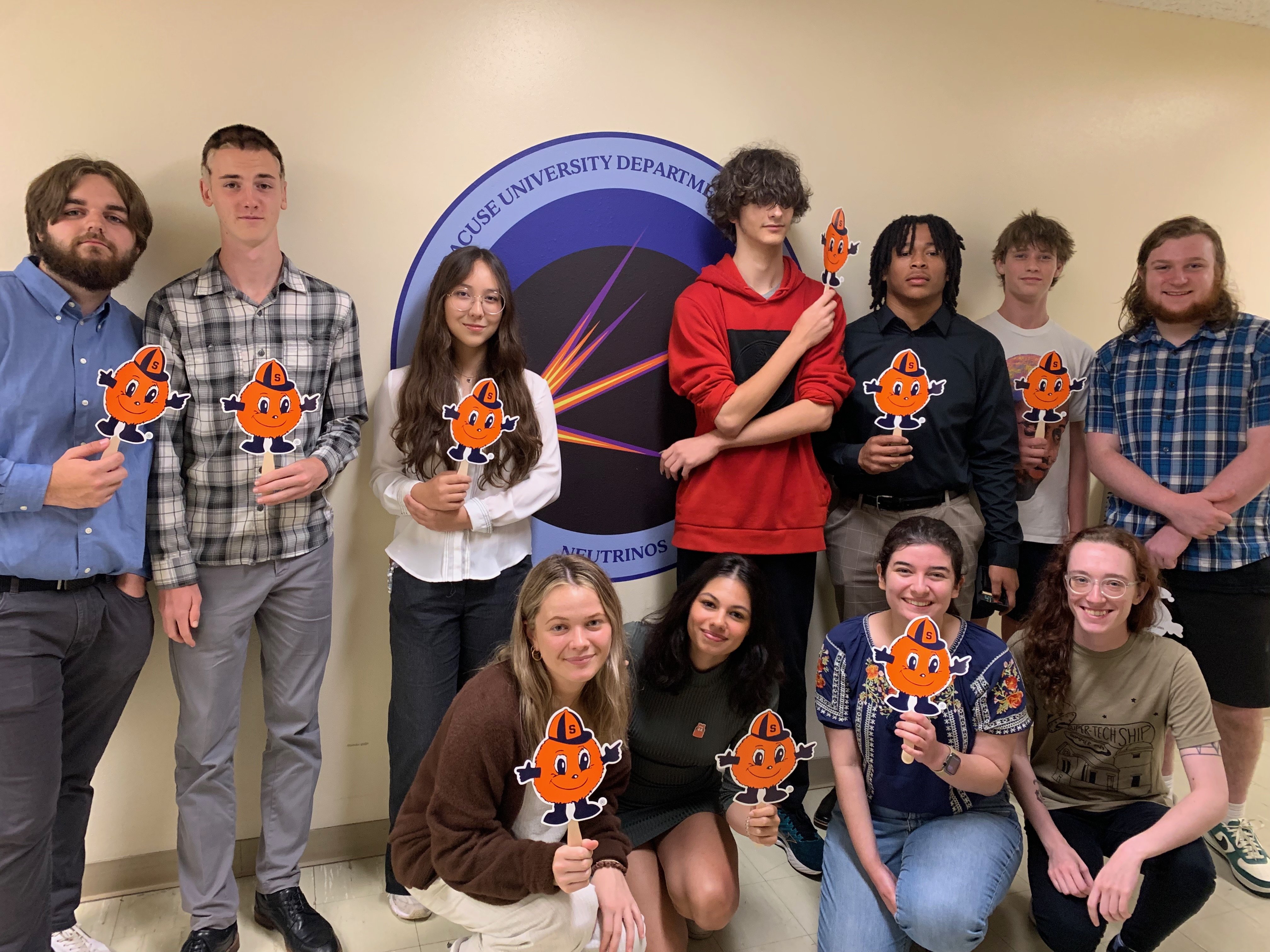
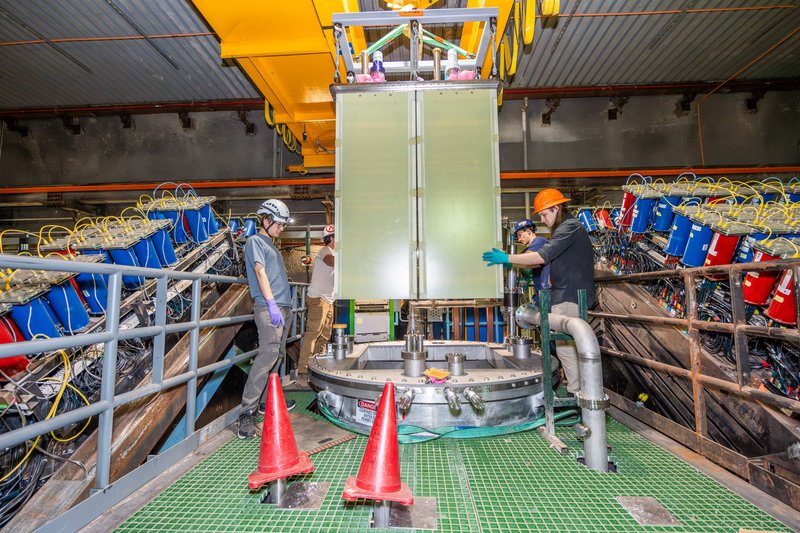
Graduate student Abhilash Yallappa Dombara has received an award from the Universities Research Association Visiting Scholars Program. He’ll be relocating to Fermilab soon to focus on the NOvA test beam program, including detector commissioning, operations, and data analysis to better understand systematic uncertainties in NOvA’s long-baseline neutrino oscillation program.
Congratulations, Abhilash!
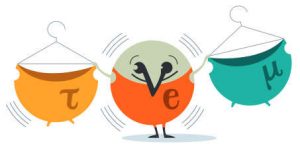 Syracuse University has now officially joined the NOvA experiment. Prof. Whittington has been a member of NOvA since 2013 when he joined through Indiana University as a postdoctoral researcher. This weekend, Whittington successfully petitioned the collaboration to add Syracuse University to its ranks. He and graduate student Abhilash Yallappa Dombara are the first NOvA collaborators from the neutrino group. They will initially focus on understanding the neutrino and antineutrino composition of NOvA’s antineutrino-mode data, crucial to improving the precision of neutrino oscillation physics measurements.
Syracuse University has now officially joined the NOvA experiment. Prof. Whittington has been a member of NOvA since 2013 when he joined through Indiana University as a postdoctoral researcher. This weekend, Whittington successfully petitioned the collaboration to add Syracuse University to its ranks. He and graduate student Abhilash Yallappa Dombara are the first NOvA collaborators from the neutrino group. They will initially focus on understanding the neutrino and antineutrino composition of NOvA’s antineutrino-mode data, crucial to improving the precision of neutrino oscillation physics measurements.